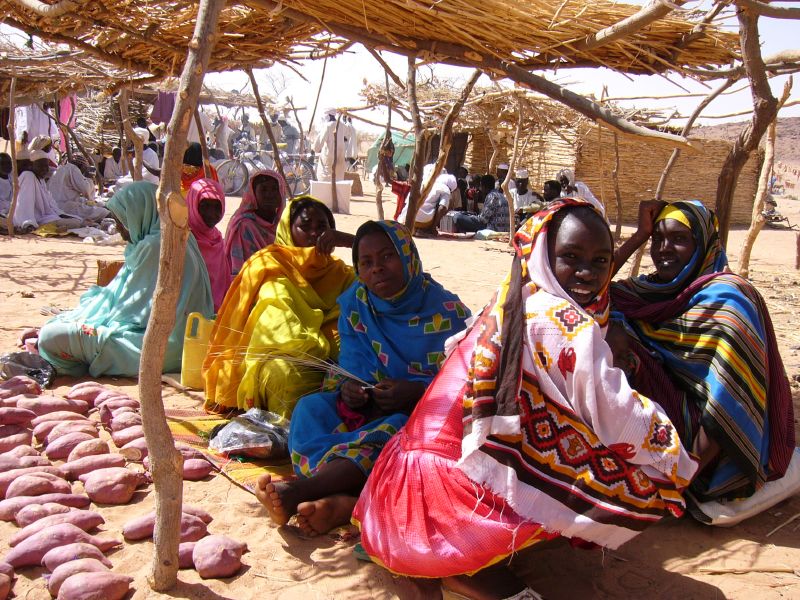Many Nigerians have been forced to flee their homes and seek refuge in other African countries due to insecurity, violence, and economic hardship.
The Crisis in Numbers
According to the United Nations High Commissioner for Refugees (UNHCR), nearly 400,000 Nigerian refugees are now living in other African countries. Recent research shows that over 178,000 of these refugees are women and about 168,000 are children. Moreover, 51% of all African refugees are children. These numbers are alarming!
Destinations
The main destination countries for these refugees are:
Niger: Many Nigerians have fled to Niger due to economic hardship and insecurity
Cameroon: Cameroon provides refuge to Nigerians escaping violence and economic instability
Chad: Chad shelters Nigerian refugees who have fled their homes due to security concerns
These refugees are primarily from the northeastern region of Nigeria, particularly from Borno State, which has been heavily affected by the Boko Haram insurgency.
Women and children
Women and children are often more susceptible to:
Physical and Emotional Trauma: Exposure to violence, abuse, and exploitation
Limited Access to Basics: Inadequate food, shelter, healthcare, and sanitation
Violence: Women and girls are at a higher risk of domestic violence, rape, and human trafficking
Disruption of Education: Children may be out of school, and women may lack access to educational opportunities
Health Risks: Women and children may face health challenges, including malnutrition, malaria, and other diseases
Psychological Trauma: The experience of displacement and violence can lead to long-term psychological trauma for women and children
Humanitarian Response
The humanitarian response to the crisis has been significant, with various organizations working to provide assistance to refugees. This includes protection, shelter, food, and other essential services. The main organisations involved are:
United Nations High Commissioner for Refugees (UNHCR): Providing protection and assistance to refugees
United Nations Children’s Fund (UNICEF): Working to provide education, healthcare, and protection to children
Women’s Refugee Commission: Advocating for gender equality and promoting resilience across humanitarian responses
The services provided
These include:
Protection Services: a critical component of the humanitarian response. These services aim to ensure the safety and dignity of refugees, particularly women and children. This includes providing safe spaces, counselling, and support services to survivors of violence and exploitation.
Healthcare: Access to healthcare is essential for refugees, particularly women and children. Humanitarian organizations are working to provide medical care, including maternal and child health services. This includes vaccinations, prenatal care, and treatment for diseases like malaria and malnutrition.
Education: a critical component of the humanitarian response. Many children are out of school, and women lack access to educational opportunities. Humanitarian organizations are working to provide education services, including formal and informal education programs.
Conclusion
The plight of Nigerian refugee women and children is a pressing humanitarian concern requiring comprehensive and targeted assistance.
The international community must come together to address their needs, and ensure their safety, dignity, and well-being. By working together, we can provide these vulnerable populations with the support they need to rebuild their lives.
The situation is complex, and the needs are vast. However, with a coordinated effort, we can make a difference in the lives of Nigerian refugee women and children.
By Ijeoma Adeniyi


